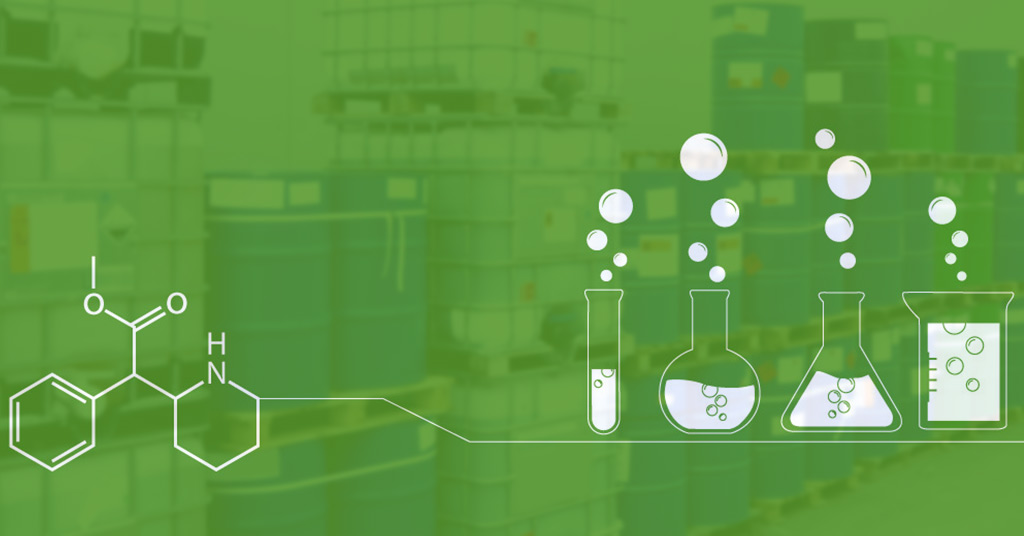Welcome To ChemAnalyst

Europe: Norway's Yara, one of the world's largest fertilizer manufacturers, released results on Wednesday that exceeded their quarterly and annual dividend forecasts. Fertilizer prices rose despite an increase in gas costs that forced Yara to reduce production last year, resulting in better-than-expected earnings.
The cost of natural gas in Europe recently dipped yet remains significantly higher than it was in 2020. This is an important resource for Ammonia-based fertilizers, and as a result, Yara has not yet resumed production after cutting back its output.
In 2022, fertilizer prices had hit an all-time high, causing many farmers to delay their purchases until the market activity began to slow towards the end of the year. Now that energy costs have come down, Yara expects fertilizer demand to rise again and market activity to pick up.
Yara reported that their earnings before interest, tax, depreciation, and amortization (EBITDA) rose from $765 million to $1.07 billion year-on-year in the period October to December, not considering one-off items. This news saw Yara's shares rise by over 5% at 0900 GMT.
The company announced that it anticipates their gas costs will be $320 million lower in the first quarter than what was recorded a year prior. To top this off, they proposed an ordinary dividend of 55 crowns per share for 2022 - a huge increase from 30 crowns for 2021. On average expected a dividend of 47.14 crowns - much lower than what the company proposed.
Yara saw successful returns from their business model and as a result, the board has decided to pay an additional dividend of 10 crowns per share during the fourth quarter. This is not the end; the board will continue to assess further cash distributions in upcoming quarters.
"Yara has demonstrated its resilience in a challenging situation," Chief Executive Svein Tore Holsether stated in a statement.
Yara announced that as of January 31st, it has reduced its European Ammonia production capacity by 35%, amounting to 1.7 million tonnes, no changes compared to October.
We use cookies to deliver the best possible experience on our website. To learn more, visit our Privacy Policy. By continuing to use this site or by closing this box, you consent to our use of cookies. More info.
